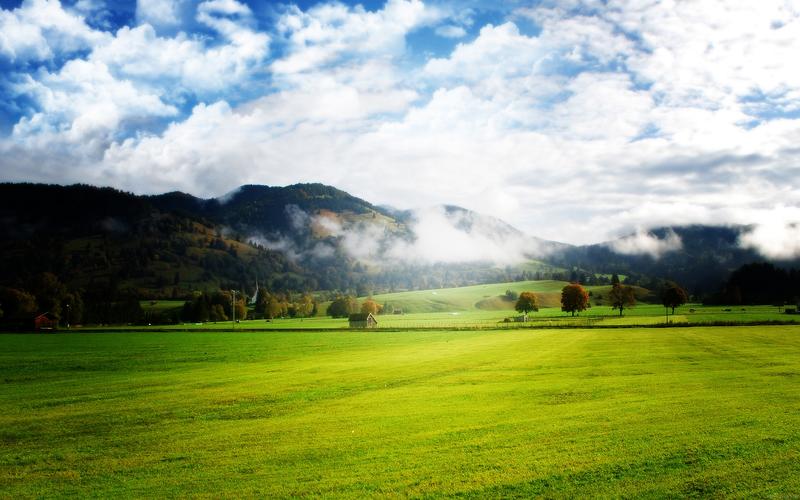5 Tips for Enhancing Great Lakes Health and Wellness
The Great Lakes, covering an area of over 94,000 square miles and providing drinking water to 40 million people, are a vital natural resource in North America. However, they are facing numerous threats, including pollution, invasive species, climate change impacts, and overfishing, all of which have serious implications for both the environment and public health. In this article, we will discuss five essential tips that can help in enhancing Great Lakes health and wellness.
Tip 1: Reduce Plastic Consumption
The Great Lakes are significant sources of microplastics, which are tiny plastic particles that enter the food chain and have the potential to cause harm to animal and human health. To reduce plastic consumption, consider swapping single-use plastic items like straws, bags, and bottles for reusable alternatives. Also, try to avoid products that contain microbeads, which are commonly found in cosmetic and personal care products. By being mindful of our plastic consumption, we can reduce the amount of plastic waste that enters the Great Lakes and negatively impacts the ecosystem.
Tip 2: Promote Sustainable Agriculture
Agricultural runoff, particularly from factory farms, is a significant contributor to water pollution in the Great Lakes. The excessive use of fertilizers and pesticides in conventional agriculture practices can lead to eutrophication, which is the process where water bodies become over-enriched with nutrients that cause harmful algal blooms, fish kills, and dead zones. By promoting sustainable agriculture practices, such as conservation tillage, crop rotation, and cover cropping, farmers can reduce the amount of agricultural runoff entering the Great Lakes.
Tip 3: Support Local Initiatives
Many local organizations and initiatives are working to protect and restore the health of the Great Lakes. Supporting these initiatives, either by donating or volunteering, can go a long way in ensuring that these valuable natural resources are well-maintained. Examples of local organizations that work towards Great Lakes conservation include the Alliance for the Great Lakes, Great Lakes Commission, and the Healing Our Waters Coalition.
Tip 4: Monitor and Reduce Energy Consumption
Reducing energy consumption not only benefits the environment but can also save you money on your utility bills. Unnecessary energy usage contributes to climate change, which in turn, has impacts on the Great Lakes, including altering water levels, increasing water temperatures, and changing precipitation patterns. By monitoring and reducing your energy usage, you can help mitigate the environmental impacts of climate change and promote Great Lakes health and wellness.
Tip 5: Support Sustainable Fishing
Fishing is a significant cultural and economic aspect of the Great Lakes region. However, overfishing can negatively impact the ecosystem and reduce fish populations. To support sustainable fishing practices, purchase fish that are certified by the Marine Stewardship Council, which ensures the fishery meets certain sustainability standards. By supporting sustainable fishing practices, we can continue to enjoy the rich natural resources of the Great Lakes while ensuring their long-term health and sustainability.
Conclusion
The Great Lakes are a priceless natural resource and a significant contributor to the economy and public health of the North American region. However, they are facing numerous threats, including pollution, invasive species, climate change impacts, and overfishing. By following the five tips outlined in this article, reducing plastic consumption, promoting sustainable agriculture, supporting local initiatives, monitoring and reducing energy consumption, and supporting sustainable fishing practices, we can help enhance Great Lakes health and wellness, ensuring they remain intact for future generations.
(Note: Do you have knowledge or insights to share? Unlock new opportunities and expand your reach by joining our authors team. Click Registration to join us and share your expertise with our readers.)
Speech tips:
Please note that any statements involving politics will not be approved.
